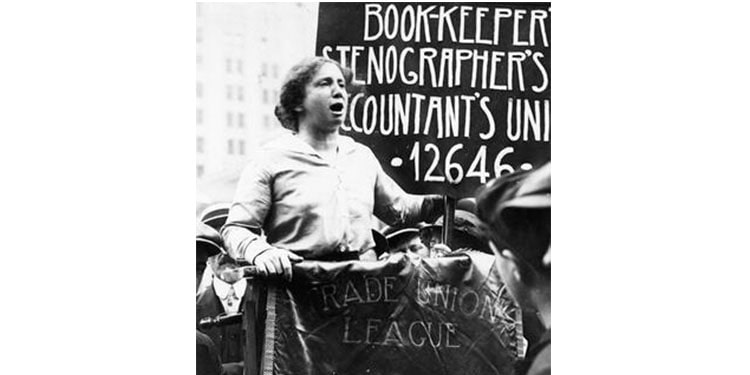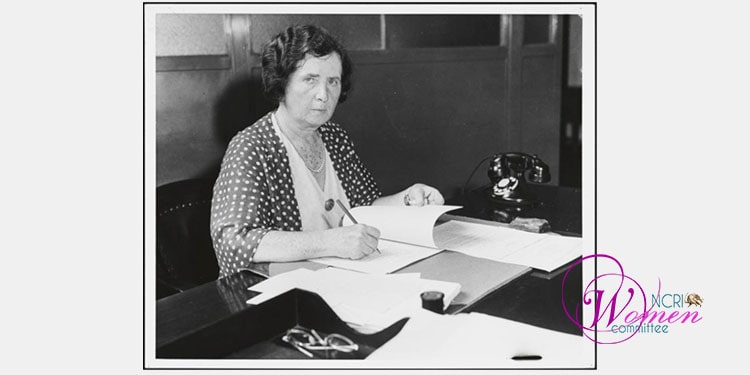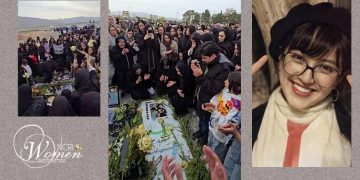Rose Schneiderman (April 6, 1882 – August 11, 1972) was a pioneering American labor leader, feminist, and social reformer whose powerful voice helped reshape the labor movement in the early 20th century. Born in Poland and raised in New York City’s Lower East Side, Schneiderman experienced firsthand the harsh realities of factory work. Those experiences fueled her lifelong fight for workers’ rights, fair wages, and safe working conditions.
As one of the most influential women in the U.S. labor movement, Schneiderman organized women garment workers and became a leading figure in the Women’s Trade Union League (WTUL). Her leadership after the 1911 Triangle Shirtwaist Factory fire — which killed 146 garment workers — galvanized public demand for workplace safety reforms. Schneiderman’s famous declaration that “the worker must have bread, but she must have roses, too” became a rallying cry for both labor justice and human dignity.

Beyond labor organizing, Rose Schneiderman was a passionate advocate for women’s suffrage, believing political equality was essential to economic justice. She worked closely with Eleanor Roosevelt and helped shape many New Deal labor policies during the 1930s.
Rose Schneiderman’s legacy endures as a symbol of courage, compassion, and conviction. Her tireless efforts not only transformed American labor laws but also advanced the broader fight for gender equality and social reform.
























